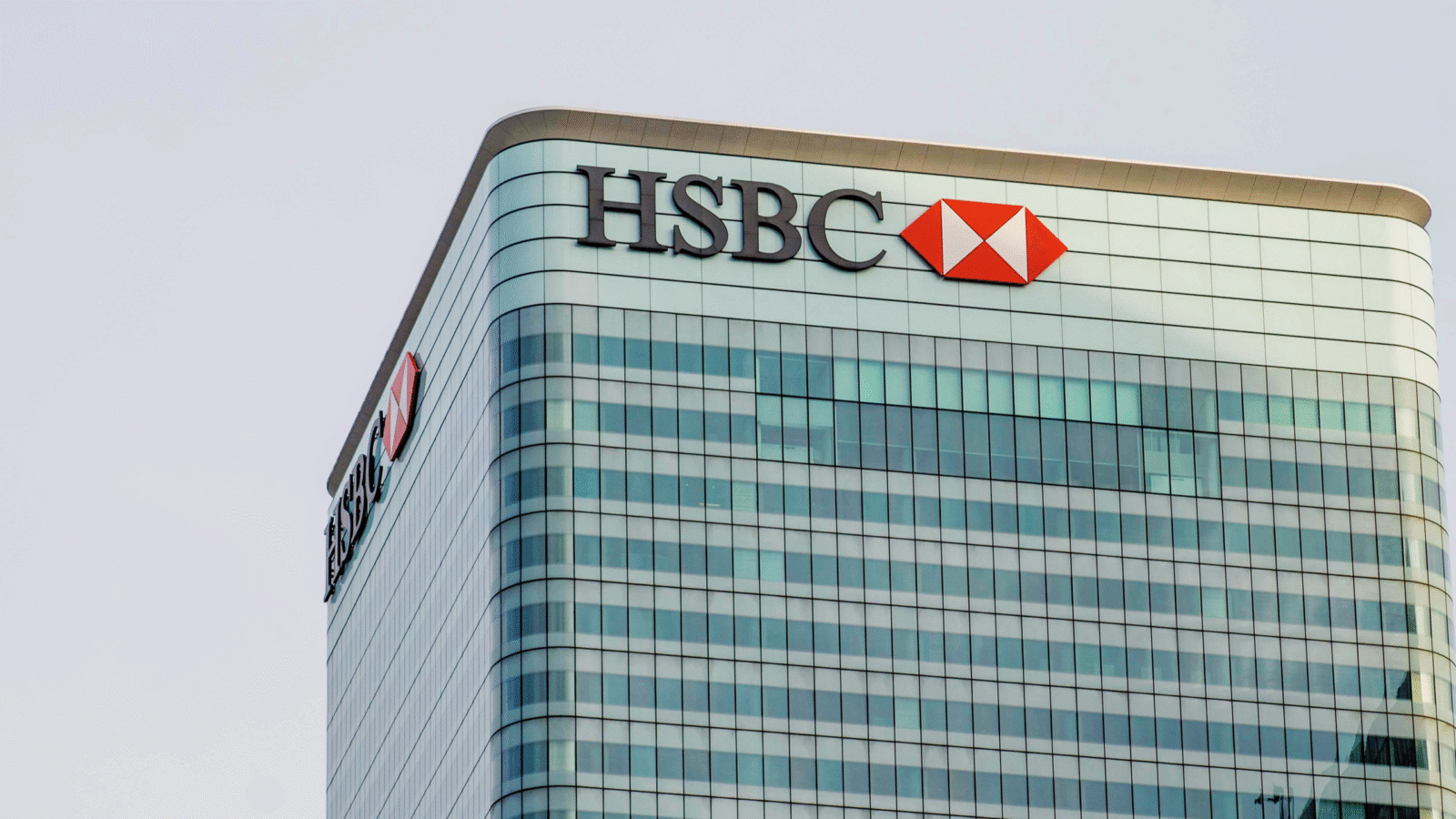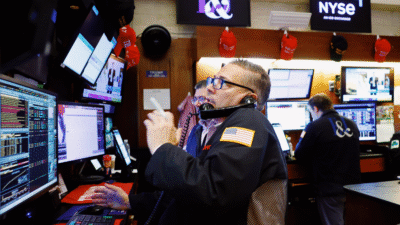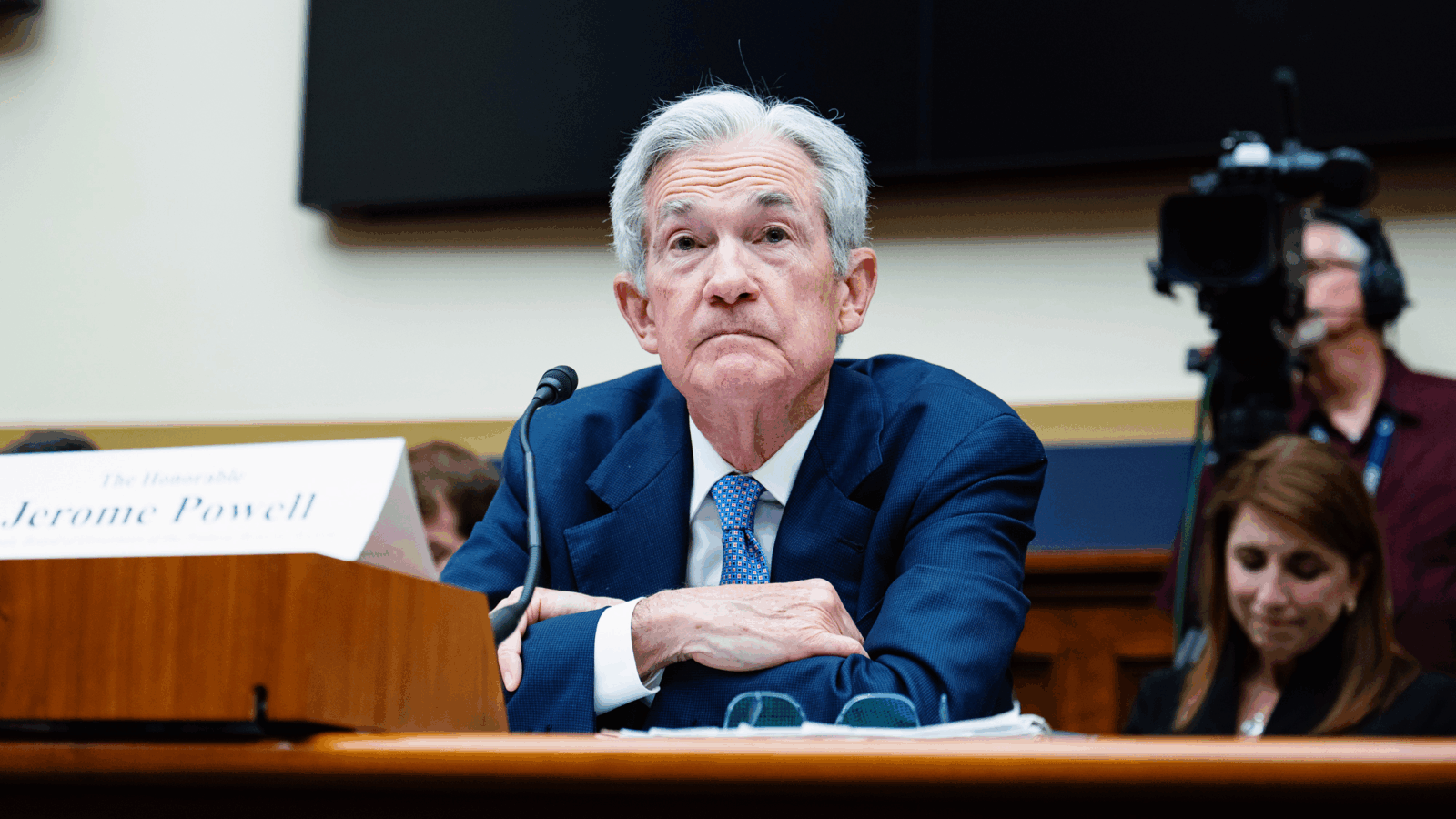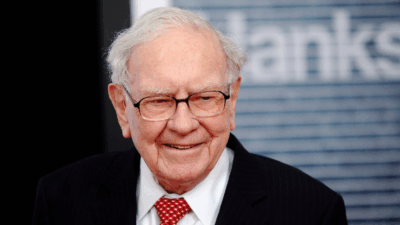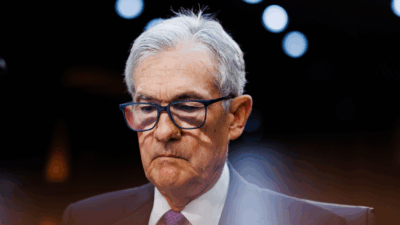Homebuilders Feel the Squeeze of Tight Housing Market
Shares of leading US homebuilders have plummeted since an industry-wide peak in July, according to a Financial Times analysis.
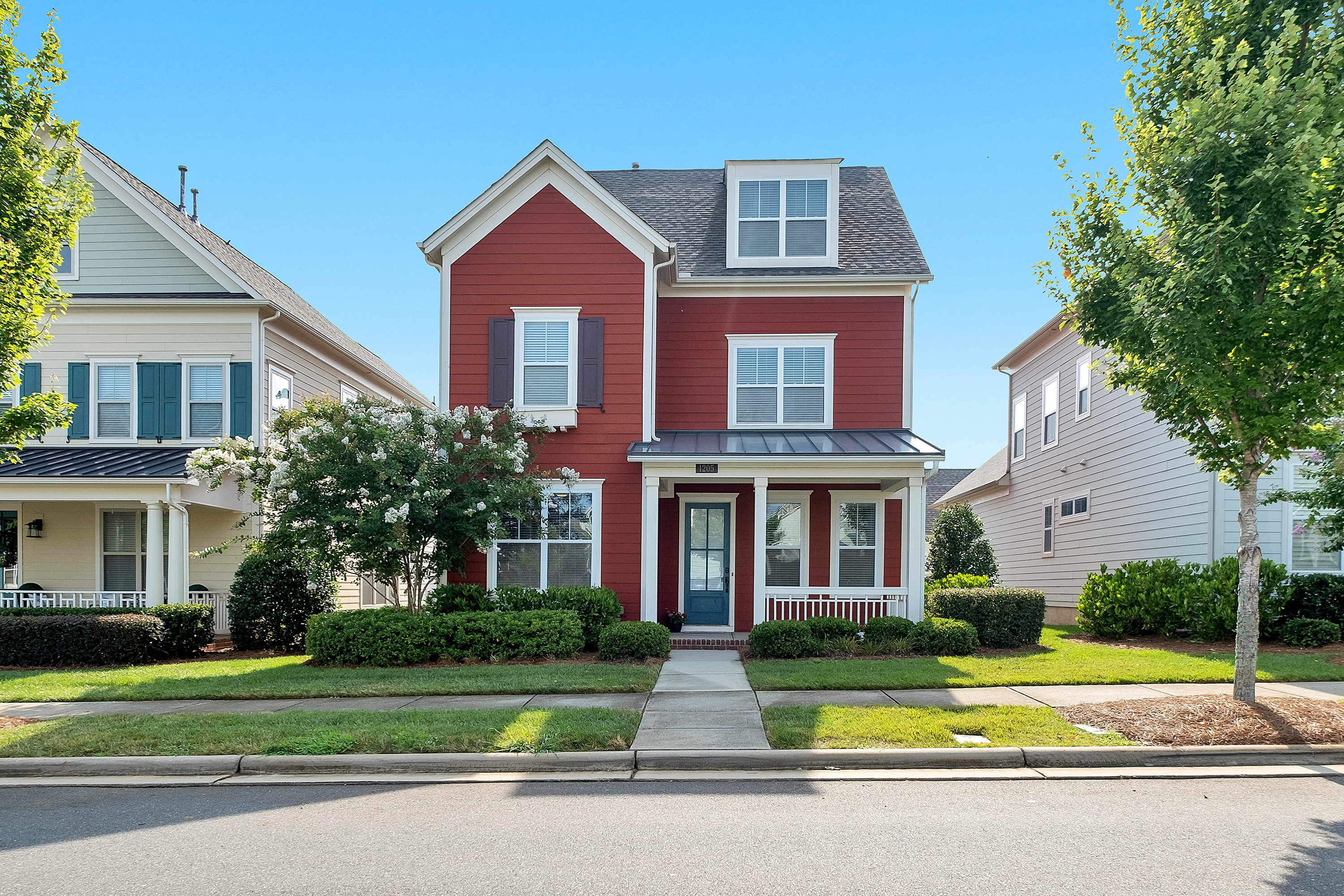
Sign up for smart news, insights, and analysis on the biggest financial stories of the day.
It’s a vicious cycle that’s causing extra pain for millennials. They can’t crack the housing market because of high prices that reflect a nationwide housing shortage. But home builders can’t build homes because materials and loans cost more.
Shares of leading US homebuilders have plummeted since an industry-wide peak in July, according to a Financial Times analysis, when rising mortgage rates convinced existing homeowners to sit tight and spurred prospective homeowners to opt for newly built homes instead. Now, inflation and demand have caught up to put the pinch on that corner of the housing market as well.
Full House-ing Market
Mortgage rates last week hit the highest point of any time this side of the Y2K panic, according to Freddie Mac, hitting 7.79% after starting the year at 6.48% (moping millennial and Gen Z relatives can be glad adulthood began after the early ‘90s, when that surpassed 10%). Still, applications for a 30-year fixed-rate mortgage fell last week to the lowest point since 1995, according to the FT. And it seems the new-home miniboom from late summer is finally going bust.
As existing home sales in September fell to their lowest levels since 2010, new home sales lept over 12% month-over-month, according to the Census Bureau, and construction starts on new single-family homes increased by 9%. But by October, the new home high was short-lived, with continued inflation ballooning construction costs and sending homebuilding confidence to its lowest point of the year, according to the National Association of Home Builders.
And perhaps nobody felt the wild swings in sentiment more than homebuilders. Or, more accurately, shareholders in major homebuilding companies:
- After a peak in July, major homebuilders Lennar, DR Horton, and NVR have each seen their stocks drop by more than 16%.
- Meanwhile, PulteGroup has seen a similar 16% drop following an 86% year-to-date surge through August that sent its share price to an all-time high of nearly $85.
“Builders won’t have an incentive to break ground on new projects so long as demand remains subdued, and we don’t see a sustained turnaround until credit becomes less restrictive and affordability improves,” Oren Klachkin, financial market economist at Nationwide, told the FT.
Sweet Relief: Getting into the housing market may just be a waiting game now for prospective homebuyers. The National Association of Realtors expects the 30-year fixed mortgage rate to fall back down to 6% by the end of 2024, which was echoed in a Goldman Sachs research note from last week predicting rates will fall below 7% by the end of next year. But that may quickly be offset. Home prices, already up some 26% since 2020, are expected to increase by nearly 5% next year, Zillow predicts.
